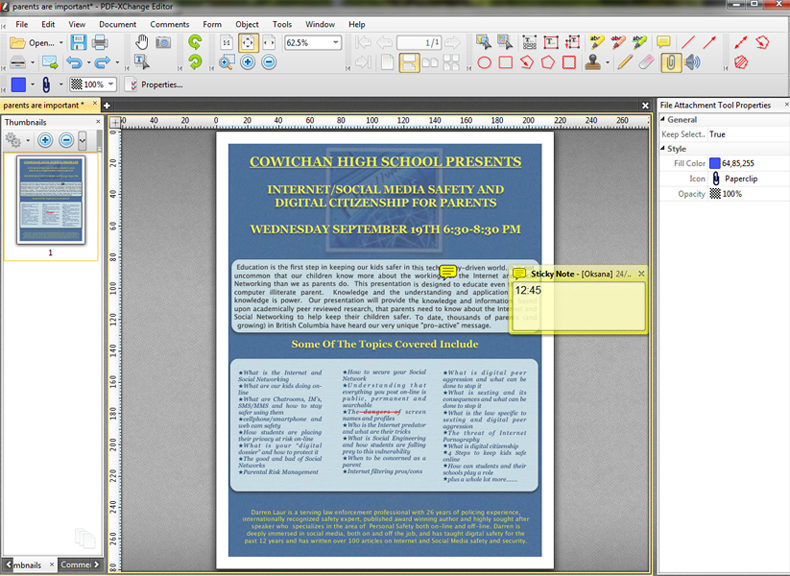Assistive technology has taken off in recent years, as more and more technology companies are learning what can help those with disabilities in the workforce. Another area of assistive technology that is taking off is assistive technology for tests in college and university settings.
For college students with a disability, universities are now offering new devices and technologies to make all the difference between comfort and struggle. Here are some of our favorites.
Screen Readers
A screen reader is an excellent tool for those who cannot see the screen or have vision struggles. These tools can be used on either a phone or a computer, depending on the type you have. They will read the text on the screen and any buttons, important information, or formatting differences.
If you are testing with a screen reader, you’ll most likely be given an online test on a computer, as screen readers don’t work on paper tests. You may be issued a separate room to take your test where other students can’t hear. If you need this accommodation, speak to your disability services department at your school to learn more.
Assistive technology has been proven to bring disabled students to the same level of success in class as their classmates, proving that it works.
Magnifiers
This form of assistive technology is often already available on many computers, laptops, and phones. It is used to magnify text to be big enough for those with vision difficulties to see.
Magnifiers in the forms of glasses and handheld tools are also available for paper tests. You can also see if a teacher can print your test in a larger font for you. Your disability department at your school may be able to help.
Accommodations
Accommodations can range from using assistive technology to having extra time on tests. If you have testing anxiety or are going through a rough spot where you can’t get your test done in time, you can work with your school’s disability department to get accommodations that fit your specific need.
Accommodations can be things like:
- Extra time to finish an online test
- A separate quiet room to take tests
- An extended deadline on assignments
- Smaller presentation groups
- To not be called on in class
- A note-taker device
- For your professor to send you videos of the lecture afterward
All of these accommodations can help you succeed when it comes time to test.
Speech Recognition
Speech recognition is software that can tell what you’re saying just by speaking into a device. It can be downloaded on any computer and on some mobile phones. This can be helpful for those with dyslexia or those who are blind to send messages, write essays, and respond to written test questions.
You can get this software at a low cost, and some school disability departments can help you find funding for your essential tools from the university.
Talking Pads
This type of assistive technology is for those who have a speech impediment or cannot speak for whatever reason. The talking device is often an iPad with software installed or a keyboard that allows users to type out what they’d like to say.
The talking device can assist autistic people and those with speech impediments in responding to test questions out loud or presenting their final projects. The voice will often be a robotic pre-set voice. These technologies can be cheap or expensive.
Electronic Doors and Remote
Accessing testing rooms can be complicated for students who have a wheelchair or mobility device. Universities are required by the ADA to have accessible buildings and provide the same access to disabled students as those who are able-bodied.
Some schools will provide those with mobility devices a remote with a button. All you need to do is press the button, and all doors on campus should open for you. This button can sometimes be used for your personal dorm door as well.
Note-Taking Devices
All note-taking devices are different, but there are tons to choose from. These will assist you when it comes time to take a test. For some people, taking notes is the most challenging part of the lecture in class. Perhaps you have difficulty retaining information, or you can’t hear the instructor.
With some note-taking devices, the device will sync your notes with the lecture recording taken, helping you remember precisely what was said and why you wrote notes about it. Other devices allow you to create citations as well.
Some disability departments at certain schools have note-taking devices available to rent or lease as needed.
Conclusion
The world of assistive technology is enormous. More and more inventions are coming into the field of education as time goes on.
If you’re someone who would benefit from assistive technology during testing, simply go to your school’s disability department and get signed up. You’ll need a doctor’s note specifying that you have disabilities that hinder your ability to take tests to get help.
If you’re already part of the disability program, make sure to ask your advisor what’s available in terms of technology at your school.
 Marie Miguel has been a writing and research expert for nearly a decade, covering a variety of health- related topics. Currently, she is contributing to the expansion and growth of a free online mental health resource with BetterHelp.com.
Marie Miguel has been a writing and research expert for nearly a decade, covering a variety of health- related topics. Currently, she is contributing to the expansion and growth of a free online mental health resource with BetterHelp.com.
With an interest and dedication to addressing stigmas associated with mental health, she continues to specifically target subjects related to anxiety and depression.



